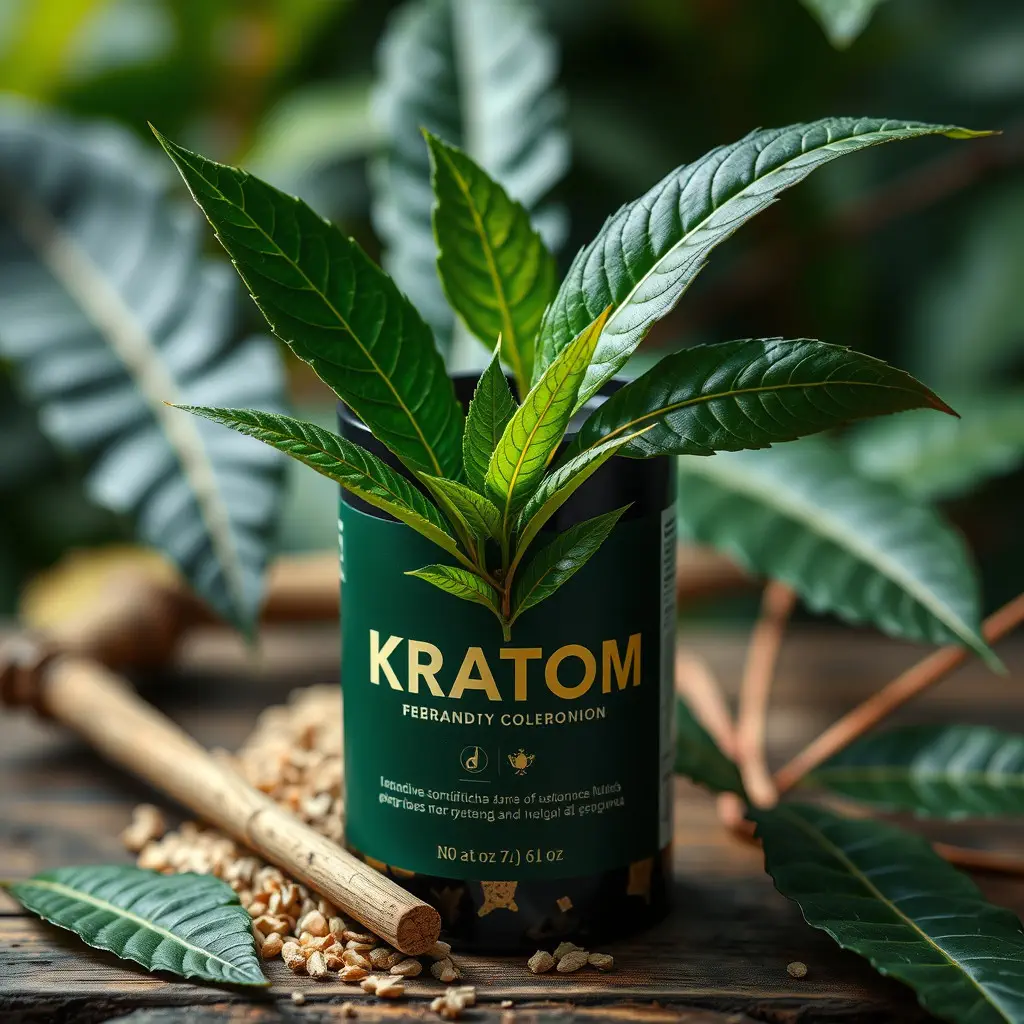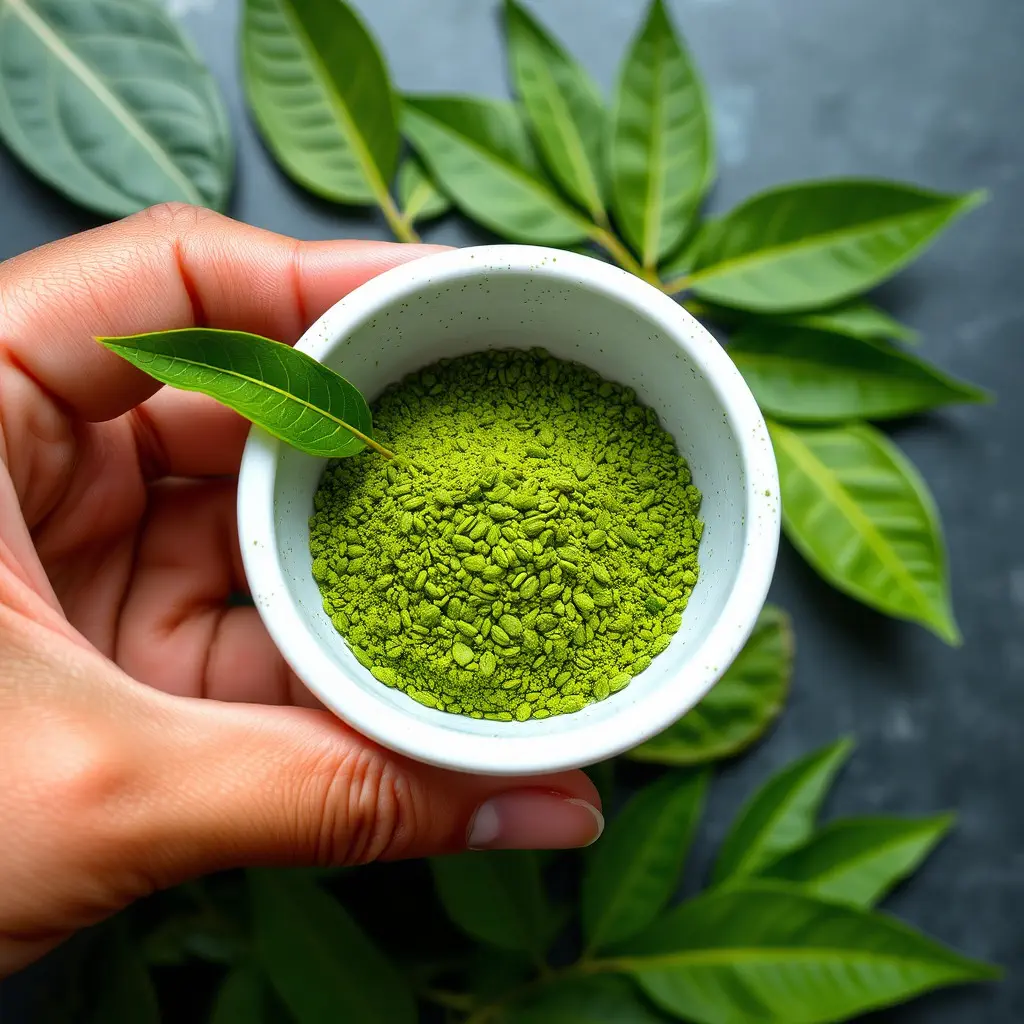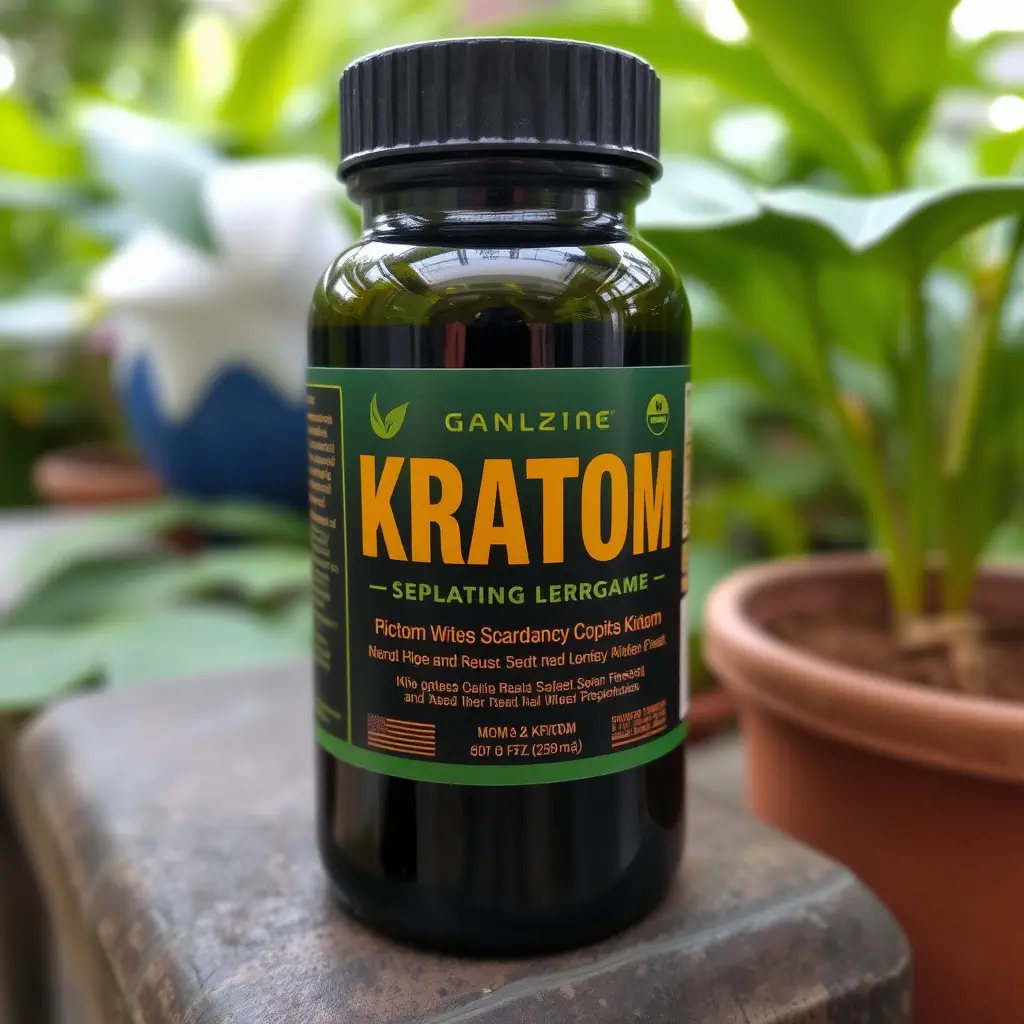Kratom, a plant from Southeast Asia, has garnered attention for its potential impact on mental clarity and cognitive function, particularly memory enhancement. Its primary alkaloids, mitragynine and 7-hydroxymitragynine, may interact with the brain's opioid receptors and neurotransmitter systems to produce anxiolytic, analgesic, and possibly cognition-enhancing effects. Users report improved memory recall and mental focus after consuming kratom, especially when using strains that exhibit a mix of indica and sativa traits. While preliminary research is promising, indicating that kratom could bolster memory and attention, the scientific community calls for more extensive clinical trials to fully understand its effects and establish safe usage guidelines. Prospective users are advised to consult healthcare professionals due to its complex legal status and potential side effects. The intriguing benefits of kratom as a natural aid for cognitive tasks should be weighed against the current limitations of scientific understanding, advocating for cautious exploration under professional guidance.
Kratom has emerged as a subject of interest in natural wellness circles, particularly for its potential impact on mental health. This article delves into the nuanced effects of kratom on stress and anxiety levels, providing insights into how it might serve as a therapeutic aid for those seeking relief. Beyond stress, we explore its role in cognitive enhancement, including memory capabilities. By examining the interplay between kratom, mental clarity, and cognitive function, we aim to shed light on its multifaceted influence on mental processes. Join us as we navigate the complex relationship between this botanical substance and human cognition.
- Unraveling the Effects of Kratom on Stress and Anxiety Management
- Exploring Kratom's Role in Enhancing Memory Capabilities
- Understanding the Interplay Between Kratom, Mental Clarity, and Cognitive Function
Unraveling the Effects of Kratom on Stress and Anxiety Management

Kratom, a plant originating from Southeast Asia, has garnered attention for its potential effects on stress and anxiety management. The active compounds found in kratom leaves, known as alkaloids, notably mitragynine and 7-hydroxymitragynine, interact with the brain’s opioid receptors, which may contribute to its anxiolytic and analgesic properties. Users often report feelings of well-being and a reduction in anxiety levels after consuming kratom. These effects are particularly pronounced with strains that have a balance of indica and sativa characteristics, which may help individuals cope with daily stressors more effectively.
Moreover, the impact of kratom on stress and anxiety extends beyond mere symptom relief; it may also enhance cognitive function. Some research suggests that kratom could potentially improve memory recall and cognitive processing, attributes that are beneficial for managing anxiety-provoking situations. The stimulating strains of kratom are believed to increase alertness and mental clarity, which can aid in tasks requiring focus and concentration. However, it is crucial to approach the use of kratom with caution, as its effects can vary widely among individuals, and more rigorous scientific investigation is needed to fully understand its potential benefits and risks for stress and anxiety management, as well as its influence on memory enhancement. Users should consider consulting healthcare professionals before integrating kratom into their wellness regimen, especially considering the complex legal status of kratom in various regions.
Exploring Kratom's Role in Enhancing Memory Capabilities

Kratom, a plant from Southeast Asia with leaves that contain a variety of alkaloids, has garnered attention for its potential impact on cognitive functions, including memory enhancement. The active compounds found in kratom, such as mitragynine and 7-hydroxymitragynine, may interact with the brain’s receptors, potentially improving concentration and focus, which are critical for memory retention and recall. Preliminary studies suggest that kratom could enhance short-term and long-term memory by modulating neurotransmitter systems within the brain. This modulation might facilitate better learning abilities and information retention, benefits that could be particularly significant for individuals dealing with memory impairments due to stress or other cognitive challenges.
Moreover, users reporting anecdotal evidence of kratom’s positive effects on their cognitive abilities, including memory, is noteworthy. While scientific research is still in its infancy and more rigorous clinical trials are necessary to fully understand the extent of kratom’s impact on memory enhancement, the potential for this natural substance to aid in cognitive tasks is an area of growing interest. It is important, however, to approach the use of kratom with caution due to its complex effects and the need for further regulation and research to determine safe and effective usage parameters. As such, individuals interested in exploring kratom for memory enhancement should do so under informed guidance, considering both the potential benefits and the current limitations of available scientific data.
Understanding the Interplay Between Kratom, Mental Clarity, and Cognitive Function

Kratom, a plant originating from Southeast Asia, has garnered attention for its potential impact on mental clarity and cognitive function. The active compounds found in kratom, known as mitragynine and 7-hydroxymitragynine, are believed to influence the brain’s neurotransmitters, particularly those related to mood and pain sensation. While research is ongoing, anecdotal evidence suggests that certain individuals report heightened focus and concentration when using kratom. These reports, coupled with a growing body of scientific literature, indicate that kratom may play a role in enhancing memory recall and attention span. Users often describe a mental state where thoughts are clearer, allowing for improved decision-making processes and problem-solving abilities. The mechanism by which kratom affects cognitive function is complex and not fully understood, but it is thought to involve its interaction with the opioid receptors in the brain as well as other neurotransmitter systems. This interaction may lead to a reduction in stress and anxiety levels, contributing to an overall sense of mental clarity. Users who experience these effects report that kratom helps them to navigate daily tasks with greater ease and efficiency. As with any substance affecting mental states, it is crucial for individuals to approach kratom use with caution, considering the legal status and potential side effects, and always under the guidance of a healthcare professional when exploring its cognitive benefits.
In conclusion, the exploration of Kratom’s multifaceted effects on cognitive function has revealed its potential in not only alleviating stress and anxiety but also enhancing memory capabilities. The interplay between Kratom, mental clarity, and cognitive enhancement holds promise for those seeking natural alternatives to improve their mental state. While further research is necessary to fully understand its mechanisms and long-term implications, the findings presented here suggest that Kratom could be a valuable tool in supporting overall mental well-being. As such, it merits consideration as a complementary approach within holistic strategies for mental health support.






